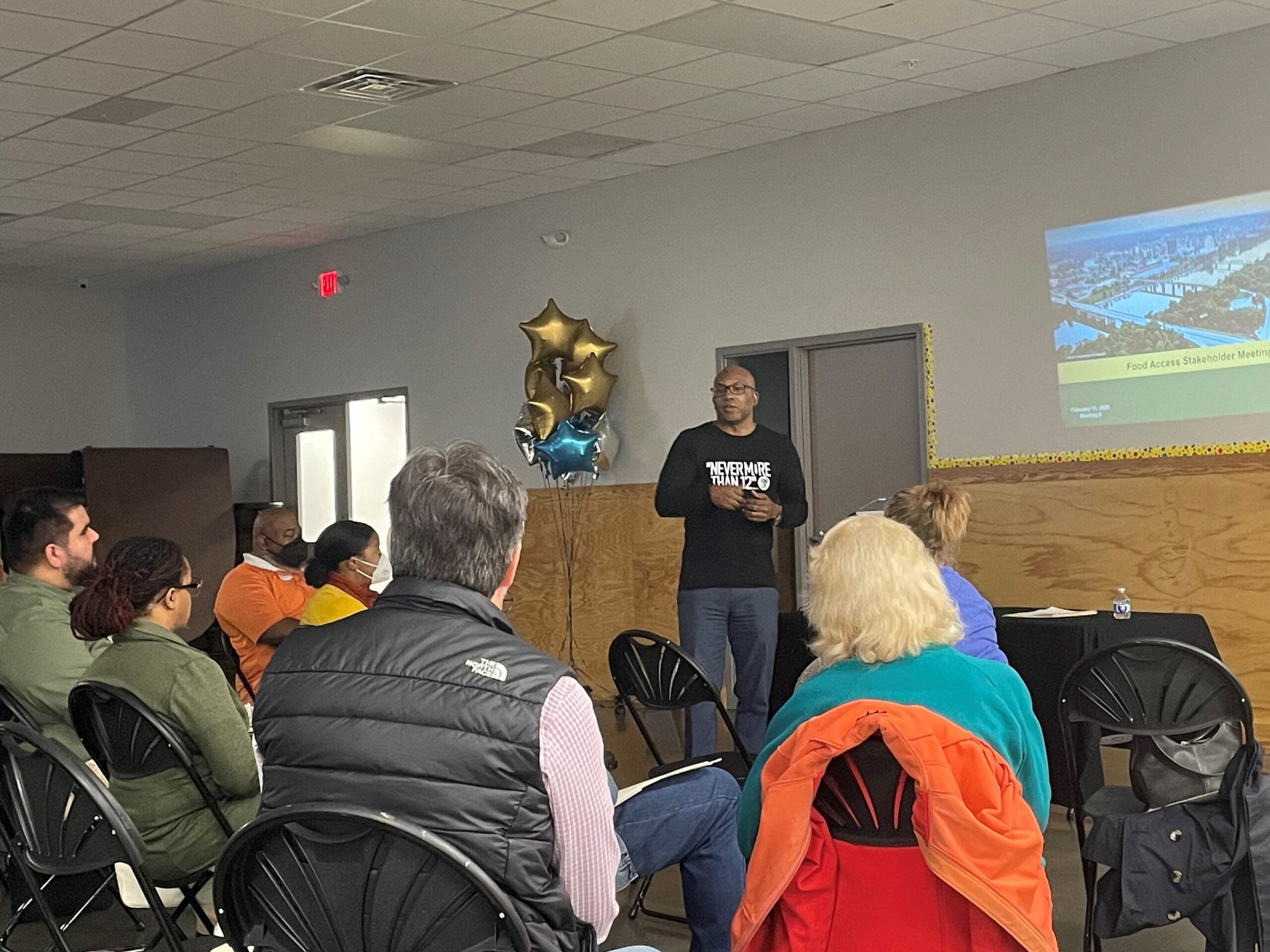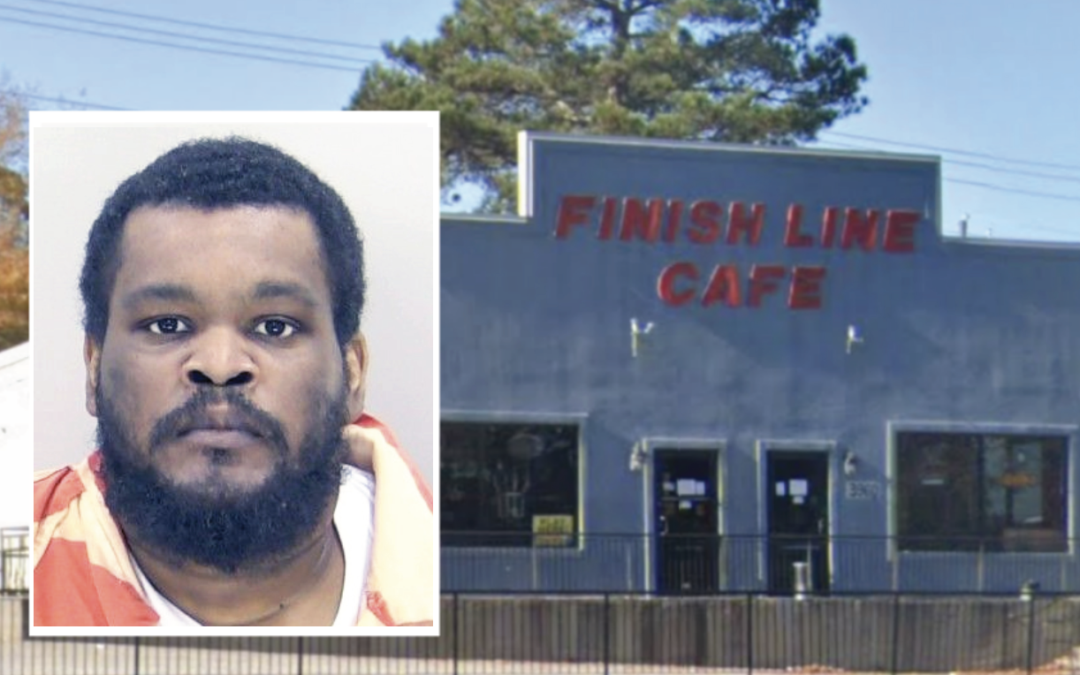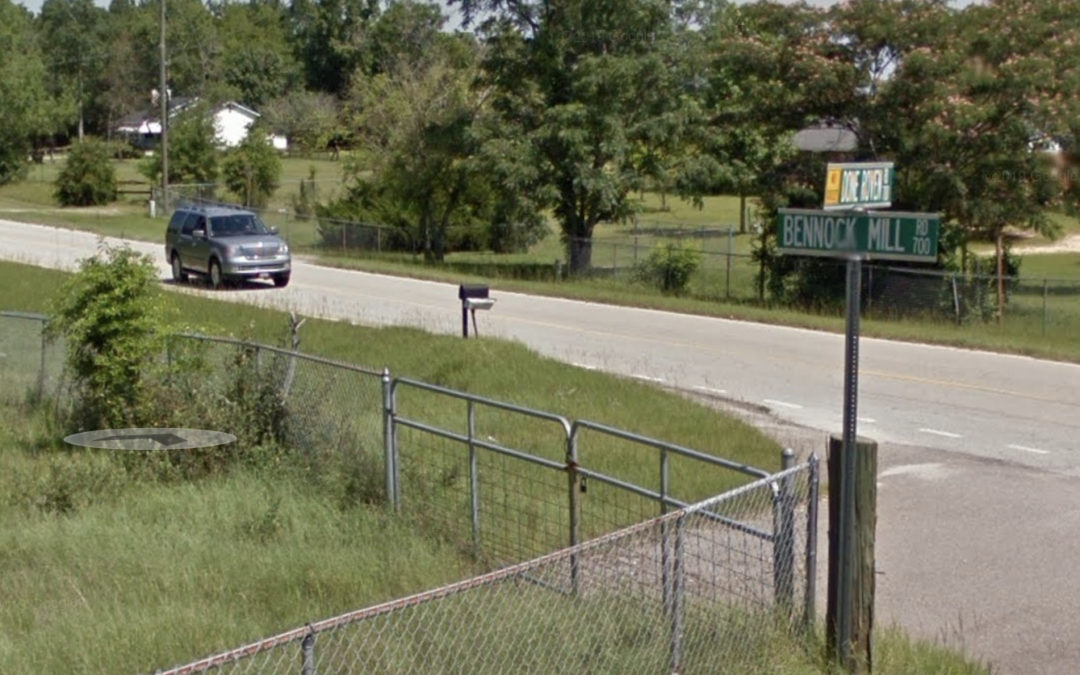Growing Augusta, the collective partnership of farmers, artists and community builders partnering to create a food oasis in south Augusta, hosted a Greater Augusta Stakeholders meeting at the south Augusta Boys & Girls Club on Wheeless Road on Saturday morning.
The meeting, coordinated as a workshop event, was the second in a series of community meetings to address issues of food insecurity in the area, the first being in December of last year.
Georgia Sen. Harold Jones II of the 22nd District spoke at the meeting regarding Senate Bill 537, the Georgia Food Insecurity Eradication Act. The legislation would create a Food Security Advisory Council comprised of appointed representatives from various state departments such as Agriculture and the Georgia Chamber of Commerce as well as farmers, grocers, food bank operators.
The council would recommend policies and regulatory solutions to state government to deal with food insecurity, such as maximizing funding for food pantries, increasing education about healthy foods, and increasing collaboration between state and local governments.
MORE: New bill takes aim at gender-affirming care for transgender youth
“We didn’t want to leave it open ended and just say the governor appoints this person, the speaker [of the house] appoints this person, the [lieutenant governor] appoints this person,” said Jones, who is the chairman of the Improving Healthy Foods and Ending Food Deserts Study Committee. “We want to say these are the people that you actually need to appoint, and these are people that have actually been doing it in this particular area.”
One of the charters of the proposed advisory council is to “recommend policies that encourage the use of food co-ops and community gardens.” Professional project manager Carolyn Henry, who moved to Richmond County from Maryland about a year ago, facilitated Saturday’s meeting alongside Growing Augusta co-founder Karen Gordon.
In her presentation, Henry discussed several concerns from market innovation to community outreach, but had special emphasis on the potential of developing co-ops among local growers, community leaders and residents.
“If we can get our farmers right here to develop a co-op, we can talk to some of these larger grocery stores and say, ‘hey, we’ve got this many people working together, can you come in here and help us put some infrastructure in place?’ ” said Henry. “That also increases income. That’s the bottom line for the farmer.”
Gordon and Henry distributed a packet to participants that included statistics and information on farming co-ops, and a questionnaire asking stakeholders to input their concerns, ideas and capabilities for address food insecurity in Augusta.
MORE: Child porn uploaded by Fort Gordon employee with top-secret clearance
Shawn Edwards, executive director of the Augusta Land Bank Authority, underscored that any solutions to food insecurity in Richmond County would be long-term, that any short or mid-term solutions would entail active cooperation and community support, and that spending should remain in Richmond County—as opposed to Columbia County or across the river in North Augusta—as much as possible.
“It’s not going to be government that fixes it,” said Edwards, noting as an example that approaching the Augusta Commission with issues of food insecurity would prove less effective than proposing a specific, researched solution with a particular dollar amount. “Long-term solutions will start here, working toward a co-op, or a co-op model.”
For more information on Growing Augusta and upcoming stakeholders meetings, visit www.growingaugusta.co.
Skyler Q. Andrews is a staff reporter covering business for The Augusta Press. Reach him at skyler@theaugustapress.com.










